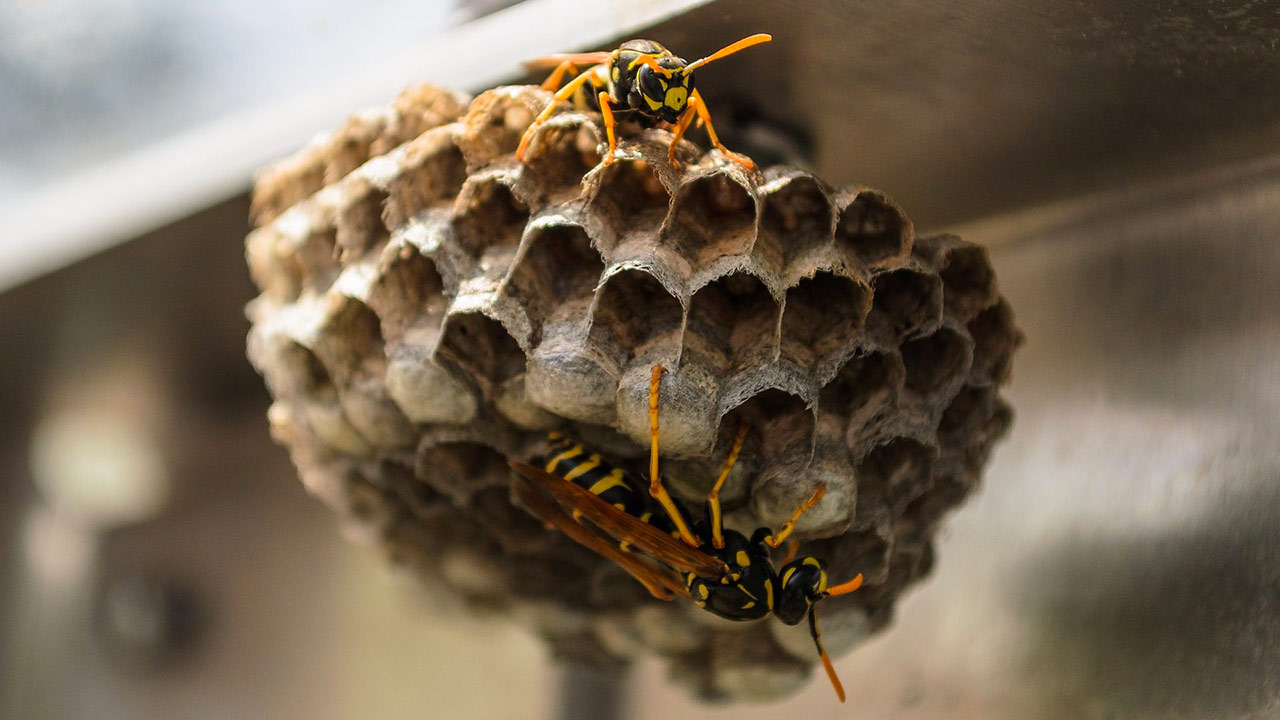When faced with a bee infestation, property owners often grapple with the decision of bee relocation versus extermination. Understanding the critical differences between these two approaches is essential not only for the safety and well-being of your environment but also for the preservation of our ecosystem. Bees play a vital role in pollination and maintaining biodiversity, making their preservation crucial. In this article, we’ll delve into why bee relocation is a superior option compared to extermination.
Bees in Our Ecosystem
Before discussing the methods of handling bee infestations, it is vital to comprehend the importance of bees. Bees are pivotal pollinators, responsible for the reproduction of many plants and crops. Without bees, we would see a significant decrease in food supplies, affecting both wildlife and human populations. Additionally, bees contribute to the biodiversity of plant life, which in turn supports various animal species.
The Consequences of Bee Extermination
Exterminating bees might seem like a quick fix, but it comes with severe long-term consequences. Here’s why extermination should be avoided:
· Environmental Impact: The death of bee colonies contributes to the decline of bee populations, which are already under threat from factors like pesticides, habitat loss, and climate change. Extermination exacerbates this decline.
· Pollination Loss: Bees play a crucial role in pollinating many of the plants that produce the food we consume. The loss of bees leads to reduced pollination, which can result in lower crop yields and higher food prices.
· Toxicity Risks: The chemicals used in extermination can be harmful not just to bees but also to other insects, animals, and even humans. These toxins can contaminate soil and water sources, posing a broader environmental hazard.
Bee Relocation Over Extermination
Bee relocation offers a sustainable and eco-friendly alternative to extermination. Here’s why bee relocation is the better option:
· Preservation of Bee Populations: By relocating bees, we help preserve their populations, which are essential for pollination and maintaining ecological balance. Bee relocation ensures that these vital pollinators can continue their work in a safer environment.
· Eco-Friendly Solution: Relocating bees involves moving them to a new habitat where they can thrive without posing a threat to humans. This process avoids the use of harmful chemicals and mitigates the environmental impact associated with extermination.
· Support for Local Agriculture: Relocating bees to areas where they are needed for pollination supports local agriculture. Farmers benefit from the presence of bees, leading to healthier crops and more robust food production.
How Bee Relocation Works
Professional Bee Relocation Services
Engaging a professional bee relocation service ensures that the process is conducted safely and efficiently. Professionals have the necessary equipment and expertise to handle bee colonies without harming them. Here’s what typically happens during a bee relocation:
· Assessment: The bee relocation team assesses the situation to determine the size of the colony and the best approach for relocation.
· Preparation: The team prepares the new site where the bees will be relocated. This site is chosen based on its suitability for the bees to thrive and continue their pollination activities.
· Relocation: Using specialized equipment, the team carefully removes the bee colony and transports it to the new location. This process is designed to minimize stress and harm to the bees.
· Monitoring: After relocation, the team often monitors the bees to ensure they are settling into their new environment and functioning normally.
DIY Relocation: A Cautionary Note
While it might be tempting to handle bee relocation on your own, it is not advisable. Bees can become aggressive if they feel threatened, leading to stings and potential allergic reactions. Furthermore, improper handling can harm the bees. Always opt for a professional bee relocation service to ensure the safety and well-being of both the bees and yourself.
Ethical Considerations
Choosing bee relocation over extermination is not just a practical decision but an ethical one. It reflects a commitment to preserving the environment and protecting vital species. Ethical considerations play a significant role in shaping our approach to wildlife management. By opting for bee relocation, we acknowledge our responsibility to coexist with nature and contribute to the sustainability of our ecosystem.
The Role of Education
Educating the public about the importance of bees and the benefits of relocation over extermination is crucial. Increased awareness can lead to more widespread adoption of bee-friendly practices and policies. Community programs and school curriculums can incorporate information about bees and their role in the environment, fostering a new generation of environmentally conscious individuals.
Summary
Bee relocation stands out as the better option when compared to extermination. It offers a sustainable, eco-friendly, and ethically sound solution that benefits both bees and humans. By preserving bee populations, we support pollination, biodiversity, and local agriculture, contributing to a healthier and more balanced ecosystem. Next time you encounter a bee colony on your property, remember the significant advantages of opting for bee relocation.

